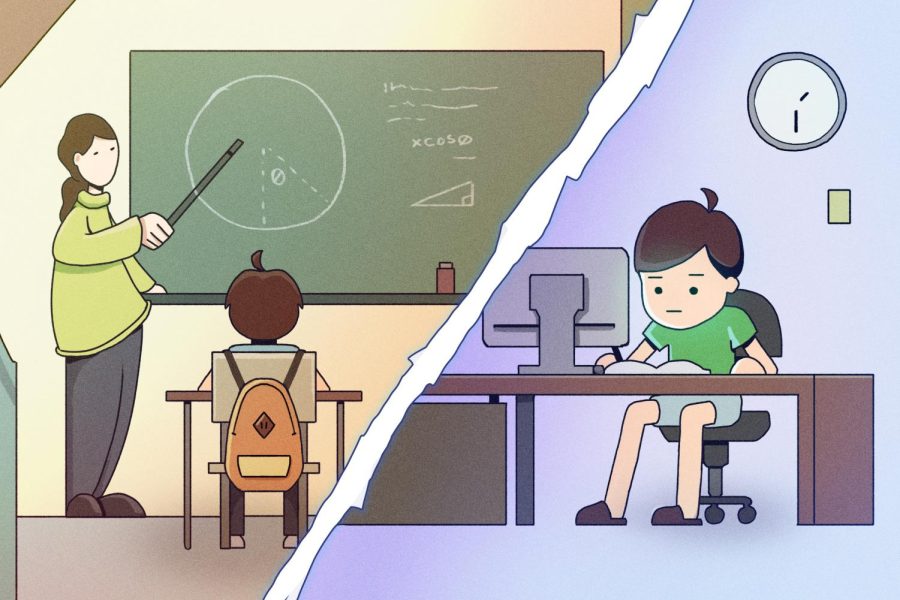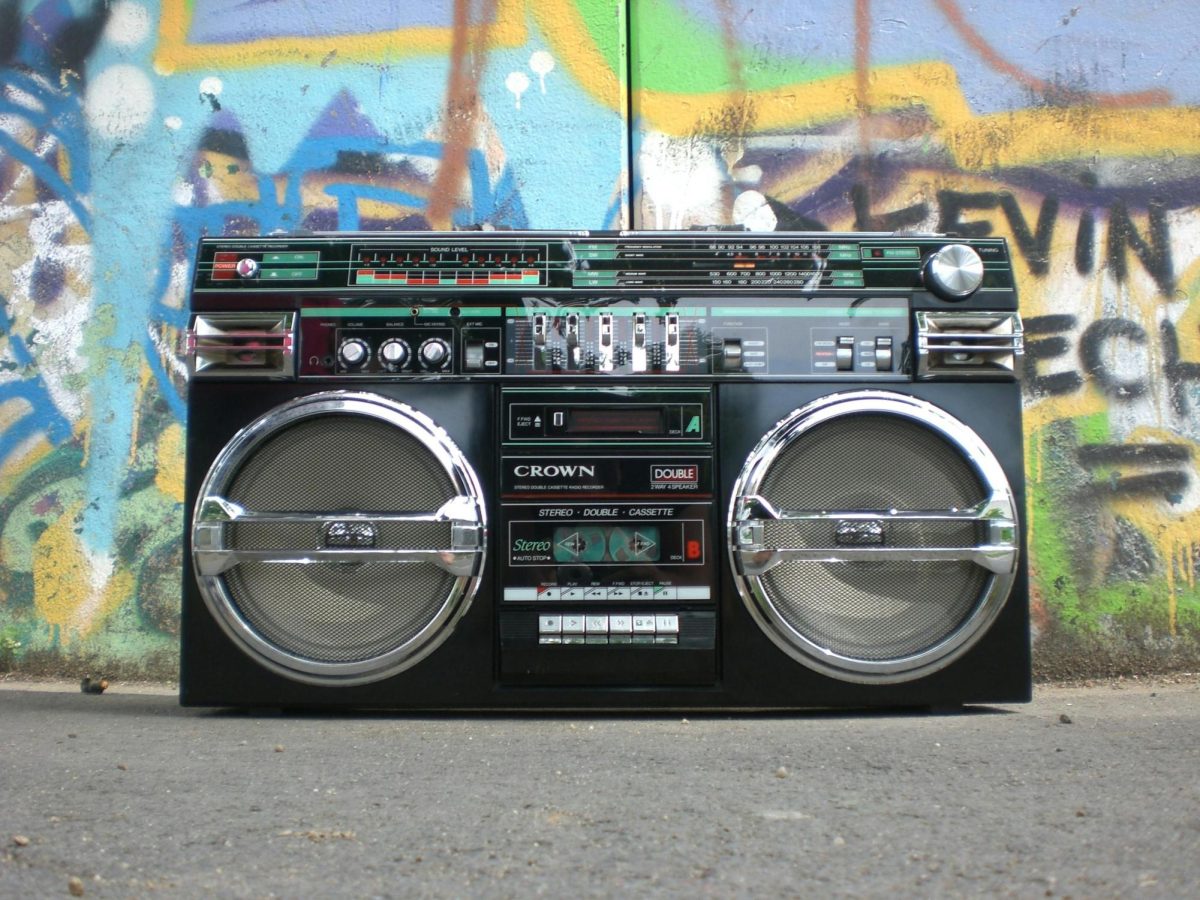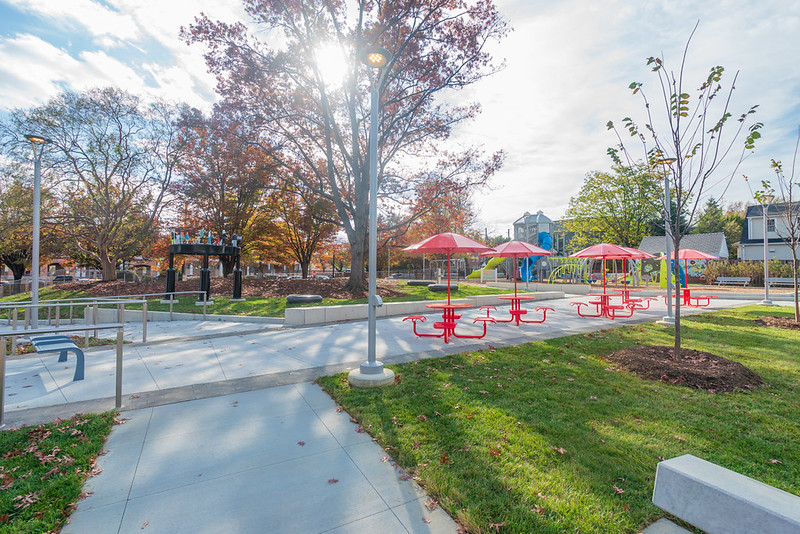**Also by Maryam Abutaleb**
The board of a local Jewish congregation, Beth El, voted last month to deny a Muslim group’s request to rent its facilities for prayer services. The decision has led both groups to renew efforts at communication and harmony.
The Islamic Center of Maryland, known as the ICM, is a non-profit organization whose main objectives are to educate communities about Islam and operate mosques. Representatives of the ICM approached Beth El in October in the hopes of reserving a space for services on Friday afternoons. The Islamic services would’ve taken place from 1:00 to 1:45 p.m., when the synagogue has no other activities scheduled.
The ICM chose Beth El because Bethesda residents would be able to attend services easily.
“It was an issue of geography,” Rabbi Greg Harris said. “They approached other people in the Bethesda area, one or two places, and the rentals didn’t work out. The request was an administrative request rather than an explicit interfaith program.”
Instead of serving a specific congregation, as would a synagogue or church, mosques are open to anyone who wants to attend prayer services, regardless of religion.
At first, the Beth El Board responded positively to the ICM and proposed terms for a agreement, but decided to hold two open forums with the congregation on Nov. 9 and 14 to discuss the request.
During the forums, tensions quickly arose between congregants in favor of and opposed to renting to ICM. This controversy prompted the Board to reject the proposal Nov. 18 to avoid further dividing the congregation, a source knowledgeable about the situation confirmed.
“The ICM and Beth El had an ongoing dialogue for about a year,” Rabbi Harris said. “Members would go to the mosque and ICM members would come here to Beth El for lectures and we would learn about each other’s religions and communities.”
Rental arrangements similar to the ICM’s request have worked before, said Nadeem Ahmad, the Chair of Board of Trustees at the ICM. The Adams Center, a Virginia organization similar to the ICM, rents out space in a synagogue, he said.
The two religious groups haven’t had any conflict in the past, and the ICM understands Beth El’s decision, added Ahmad.
“I wouldn’t say I was surprised, to be honest, because we would have gone through the same process if somebody else was requesting to use our space,” he said.
“Not like some big radical group”
Among other reasons, some Beth El congregants expressed concern that negative attention could result once news broke that members of both religions had entered into a rental agreement, said one member, who spoke under the condition of anonymity.
“I think fear was the No. 1 concern: people’s fear that the publicity of these two religions getting along could be used by extremists as [a provocation for] creating terror,” the member said.
But others argued that safety shouldn’t be a concern.
“Beth El has worked with them in the past, so it’s not like some big radical group,” said congregant Ed Berger. “It’s just that they happen to be Muslim.”
Some said the temple missed an opportunity to promote tolerance among congregants and the community.
“We’re now just as bad as the people who discriminated against us for our religion,” said sophomore Jacob Rosenblum, a Beth El member. “If we want to set an example for America then we have to be willing to make some sacrifices, but I don’t think they were brave enough.”
Another member of the synagogue, Elizabeth Simon, said that the debate may have had a positive impact on the congregation.
“If anything, I think the controversy was healthy for the congregation,” she said. “It made people aware of issues and I think it’s going to promote more understanding.”
“A good wake-up call”
Beth El now plans to organize two committees, one for internal programs to educate its congregation about Islam, and one for external outreach programs with the ICM, Rabbi Harris said.
Professor Akbar Ahmad, the chair of Islamic studies at American University, will addressed the congregation about the basics of Islam Dec. 15. In addition, Beth El hopes to connect its sisterhood with a similar group at the ICM and work with the Foundation for Ethnic Understanding, a non-profit organization that promotes inter-group relations, to find further ways to cooperate with the ICM.
“Communications that followed after were a pleasant surprise — not in a bad way — because the Beth El administration actually shared how bad they feel and they actually wanted to take this opportunity,” said Nadeem Ahmad, the ICM chair. “This whole interaction has stirred something.”
Rabbi Bill Rudolph and Harris agreed that the outreach efforts between the two religions were a positive step.
“I think the request was a good wake-up call to reach out more to the Muslim community and to learn more, ourselves, about Islam,” Rudolph wrote on the Beth El website. “The long-term viability of Muslim-Jewish relations and Israel’s well-being are not, in my opinion, improved by keeping Muslims at arm’s distance.”








